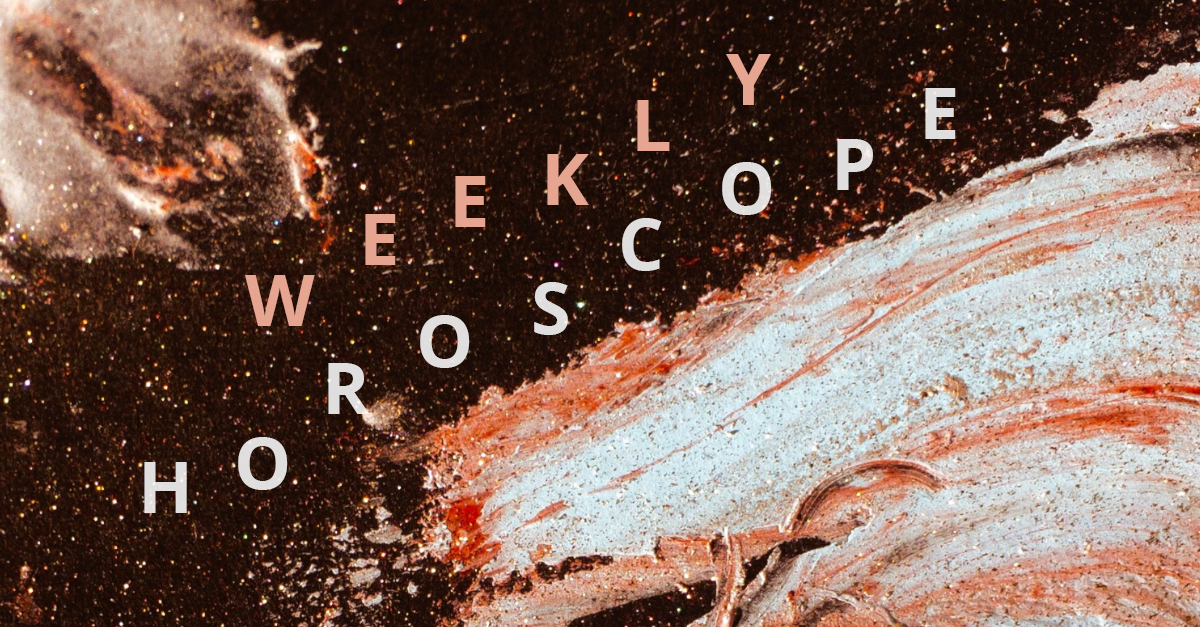Despite social media clamoring for more body positivity and inclusivity in terms of appearance, a scroll through Instagram or a drive down EDSA with all its billboards will reflect the beauty standard we’ve come to know: Skinny and fair. Especially here in the Philippines.
We’ve long been obsessed with having the perfect beach body or bikini body or whatever body that companies have capitalized on this superficial desire. And no, it’s not always about just being healthy, it’s about looking a certain kind of way that conforms to a constructed beauty standard. If you’re not a size 2, you have to strive to be. And it’s scary to think that some people cling onto this belief so tightly they pass it on to their daughters and granddaughters too, perpetuating a cycle of insecurity.
Well, I’m here to say: I’m a chubby girl–and that’s okay!
While I’m personally not a fan of that Meghan Trainor song, it did become a great anthem for women who have just a little more to love. And if it helps them love themselves, so be it.
Women who (literally) don’t fit the mold of socially acceptable beauty are usually ridiculed, usually starting at a very young age in school. From “taba” to “big girl” to “big boned” to “baboy,” the insults never quite end. And while there’s nothing inherently wrong with being big, we begin to ascribe that bigness with negativity. We connect how much space our body takes with something wrong, something we must change, something we have to get rid of.
Some of us are just genetically built that way, even if we try, our bones and bodies are all different. Some women have complications, like PCOS, to thank for the weight gain. While other women who are perfectly healthy in terms of fitness can look bigger. It’s all different, we’re all different. Listen, I was a varsity player for 13 years and still chubby. But I could do marathons, I was one of the fastest runners on the team, and I could survive training twice a day if needed. Bodies are just built different. Not every big person is unhealthy. I have a good heart rate, can withstand tough workouts, and eat right.
Growing up as someone who was never conventionally pretty or thin, jealousy was hardwired into me. I envied, I coveted, I hurt when all my efforts at crash diets or exercising daily amounted to nothing unless I was taking it to extremes (not eating, over-training, etc.). I was teased for how I looked even in spite of what I tried to do about it, even if it was something I couldn’t change overnight. I wasn’t teased for having an ugly jacket on in school, something I could fix in seconds, I was teased for having a little more around the waist. And it hurt.
But as social media evolved and became a thing that occupied everyone’s time, the #thicc movement began and bodies like mine were suddenly being celebrated. Pudgy bodies, chubby bodies, women with a little more meat on them were what people were loving suddenly and I was surprised in more than one way. Here were women who looked like me suddenly being celebrated when I had struggled for years with my body image. And for a bit of it, I felt special.
Nowadays, social media and society are more inclusive about bodies. Rihanna’s lingerie line featured women of all shapes and sizes. Plus-size models are more common. And even if we’re still exposed to the skinny and fair beauty standard that embraces petite as the ideal, I am still comforted by the notion that I can flaunt how I look with less fear, less envy, and less shame. I’m not a petite girl–but that’s perfectly okay.
Also, if you try to derail the conversation by pretending you care about someone’s health when you’re just there to shame them, shame on you. We don’t tell you how to live your life–stop being obsessed with ours.





